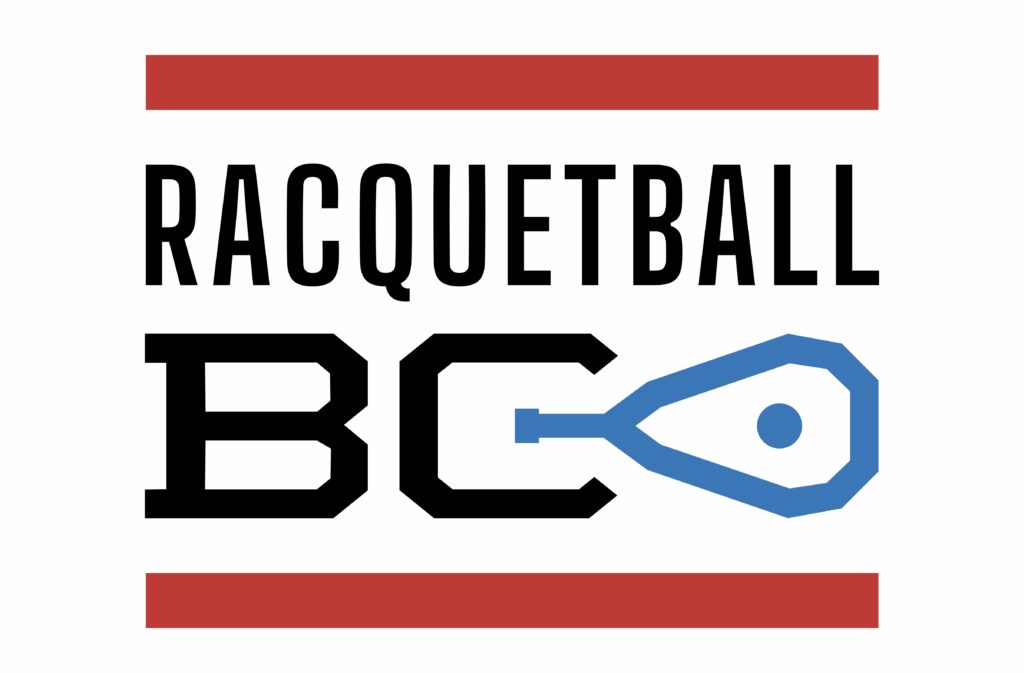Long Term Athlete Development
Children, youth and adults need to do the right things at the right time to develop in their sport or activity – whether they want to be racquetball, hockey players, dancers, figure skaters or gymnasts. Long Term Development (LTD) describes the things athletes need to be doing at specific ages and stages.
Science, research and decades of experience all point to the same thing: kids and adults will get active, stay active, and even reach the greatest heights of sport achievement if they do the right things at the right times. This is the logic behind the Long-Term Athlete Development Framework (LTAD).
Awareness and First Involvement stages engage individual in sport and physical activity, they must be aware of what opportunities exist, and when they try an activity for the first time, it is critical that the experience is positive.
Active Start, Fundamentals and Learn to Train stages develop physical literacy before puberty so children have the basic skills to be active for life. Physical literacy also provides the foundation for those who choose to pursue elite training in one sport or activity after age 12.
Train to Train, Train to Compete and Train to Win stages provide elite training for those who want to specialize in one sport and compete at the highest level, maximizing the physical, mental and emotional development of each athlete.
Active for Life stage is about staying Active for Life through lifelong participation in competitive or recreational sport or physical activity.
Racquetball Canada’s Long-Term Athlete Development (LTAD) model explains how best to use the 10,000 hours depending on the athlete’s age and stage. It provides guidance on what and when to train. It recommends the ratio of time spent competing vs. training.
The aim of Racquetball Canada’s LTAD model is to outline an appropriate long-term approach to training and preparation to coaches, parents, clubs, and administrators in Canada. The plan gives detailed training and competition guidance that will be of assistance to Racquetball stakeholders (clubs, schools) in planning their programs. Racquetball Canada undertook a competition review in order to determine how LTAD concepts would be implemented within Racquetball Canada.
Athlete Development Matrix
The Racquetball Canada Athlete Development Matrix provides a foundation and structure for the creation and review of athlete and sport development programs. The matrix was developed through the review of the skill set of an idea racquetball player with careful consideration given to the gaps that exist in the Canadian system. The document should serve as an aid to Racquetball Canada in the review of training and competition systems as well as testing protocols and screening practices.
The matrix provides a breakdown of skills and attributes in the following areas for each of the stages in the Racquetball Canada Athlete Development pathway.
- Physiological attributes
- Technical skills
- Tactical skills
- Psychological skills
- Life skills
